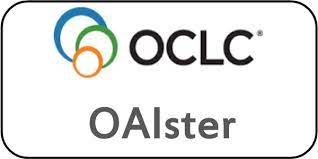Acute Encephalitis Syndrome – A Presentation of Ascaris Toxin
Keywords:
Acute encephalitis syndrome, round worm encephalopathy, pyridoxal 5 phosphate, gamma-aminobutyric acidAbstract
Acute encephalitis syndrome (AES) is primarily caused by virus; but other pathogens cannot be ignored as prompt and correct clinical acumen saves many lives. This study represents the evaluation and treatment of 147 cases of AES admitted at our center who were managed based on previous experience of similar AES prevalence in 1985, in nutritionally deprived patients of poor socioeconomic status with history of passing round worms. We saved all 147 cases without any adversity or adjuvant required or mortality and all patients passed round worms on deworming (albendazole and ivermectin) in therapeutic dose for 3 consecutive days, after 7th day of discharge. Majority of the patients regained consciousness within 48 hours of therapy while seizures ceased in all cases by 12 hours of therapy. Thus, consider round worm encephalopathy in nutritionally deprived patients of AES in addition to other pathogens as right approach will save life, time and cost of therapy. Round worms cause encephalopathy due to competitive inhibition of pyridoxal 5 phosphate coenzyme,
a prime coenzyme for gamma-aminobutyric acid synthesis and metabolism in brain by its polypeptide secretion in adverse situation.
Downloads
Published
Issue
Section
License
Copyright (c) 2022 Avinash Shankar

This work is licensed under a Creative Commons Attribution 4.0 International License.
The copyright for all the editorial material contained in Asian Journal of Pediatric Practice, in the form of layout, content including images and design, is held by IJCP Publications Ltd. No part of this publication may be published in any form whatsoever without the prior written permission of the publisher. Indian Journal of Clinical Practice does not guarantee, directly or indirectly, the quality or efficacy of any product or service described in the advertisements or other material which is commercial in nature in this issue.







